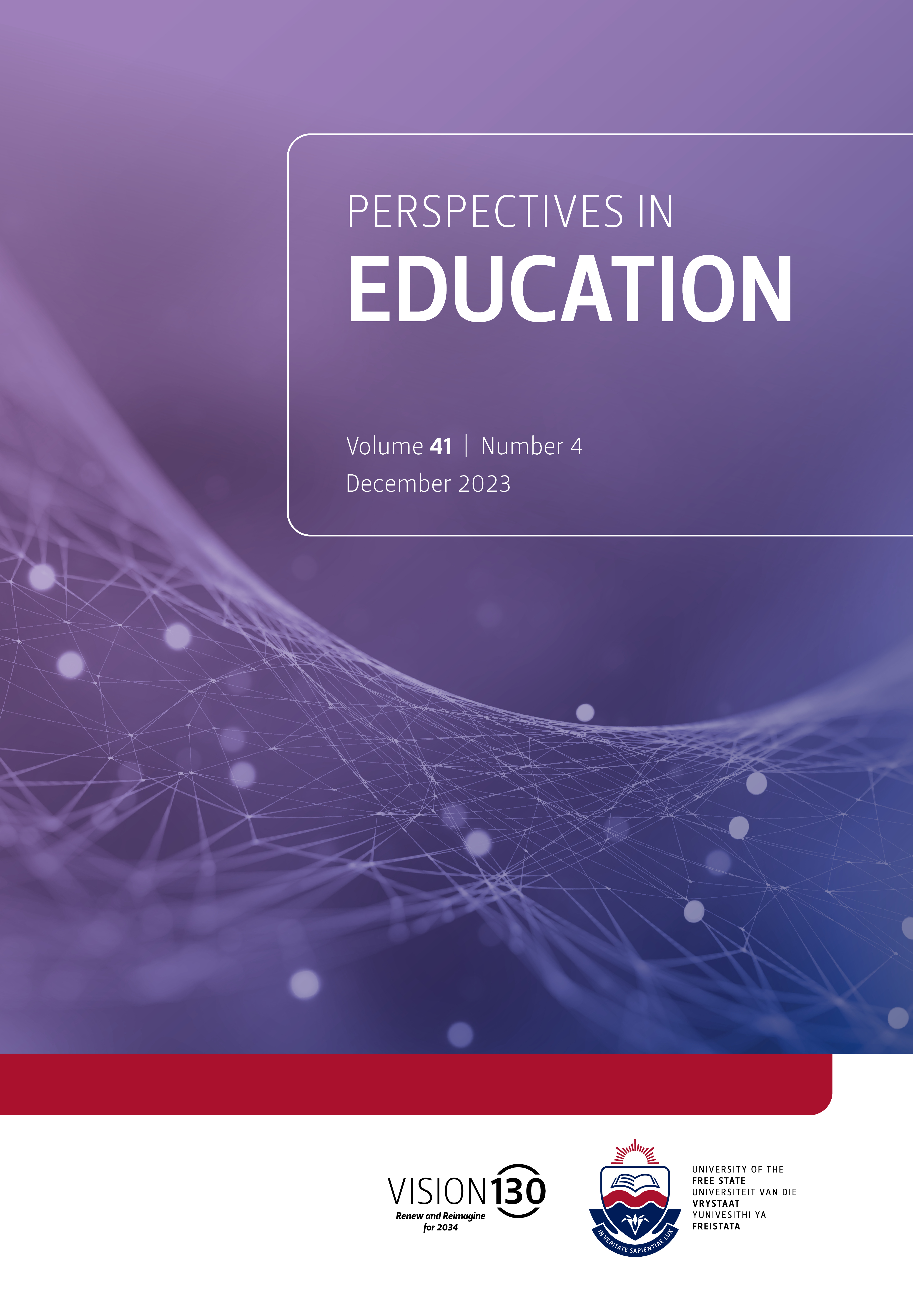The complexities of delivering a home-school based comprehensive sexuality curriculum to visually impaired learners
DOI:
https://doi.org/10.38140/pie.v41i4.7082Keywords:
comprehensive sexuality education, curriculum, guardians, home-school partnership, parents, visually impaired learnersAbstract
Following the ongoing study to develop a Comprehensive Sexuality Education (CSE) curriculum for visually impaired learners in South Africa, teachers reported hesitance from parents/guardians to inform their visually impaired children about sex. As such, this study sought to explore parents/guardians’ involvement in their children’s psychosexual education. Five parents/guardians were engaged in a focus-group discussion. Data were analysed thematically, while home-school partnership theory underpinned this study. Parents felt confident that they had prepared their children with enough psychosexual education to make healthy sexual choices, and therefore blamed teachers, security guards, and hostel caretakers for their children’s early sexual debut. However, no blame or accountability was assigned to the learners for their own sexual behaviour and decision-making. Interrogating the complexities within these socio-educational spaces suggested that there was confusion in the roles and responsibilities assumed for the capacitation of visually impaired learners with CSE. More importantly, the problem was not that parents were worried that these learners were not having safe sex, but that they should not be having sex at all now or in the future. The study suggests that a supportive, non-judgemental, and collaborative home-school partnership is necessary to recognise and guide the sexual agency of visually impaired learners.
Downloads
##submission.downloads##
Published
How to Cite
Issue
Section
License
Copyright (c) 2023 Lindokuhle Ubisi

This work is licensed under a Creative Commons Attribution 4.0 International License.









